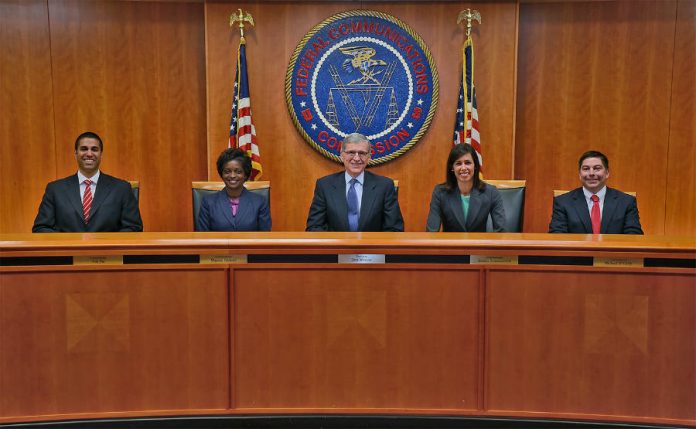
The Federal Communications Commission (FCC) passed new regulations for broadband ISPs on a 3-2 vote on Thursday. The rules now require providers like Verizon and Comcast to ask for consent from their customers before using and sharing their personal data.
The FCC ruling is the latest development in a series of continuing efforts by the government branch to secure the future of the telecom industry. In past months, the Commission has proposed game-changing regulatory frameworks for carriers, cable providers, and ISPs.
The approval of the FCC also comes at a pivotal time for broadband service providers. Internet companies are looking to diversify by acquiring others in hopes to escape from these regulations and still earn revenue from advertising.
The FCC updated the Consumer Privacy Rules
The Federal Communications Commission wants customers to have real control over their privacy on the Internet. For this reason, the new regulations passed on Thursday contemplate a simple setting for ISPs to provide.
Depending on the type of information, users of broadband Internet by any given provider can now ‘opt-in’ or ‘opt-out’ from letting the company use and share their data.
ISPs are required as per the FCC ruling to ask users for their consent before using, disclosing, or sharing the following information: browsing history, app usage history, family details, social security numbers, banking information, health history, and user locations.
Customers who agree with their providers having this info need to make it explicit by notifying them of their ‘opt-in’ choosing. On the other hand, users have to ‘opt-out’ of sharing some kinds of data with their ISPs, or otherwise they can freely use it.
Some of this data includes IP addresses, Internet service plan details, and email addresses. Failing to ‘opt-out’ of this industry practice will give carte blanche to providers to continue using and sharing this information as they see fit.

How will this affect companies like Facebook or Twitter?
The new FCC rules have little to no effect on the practices of social media giants like Facebook and Twitter since they do not rely on ISPs like Comcast and Verizon to collect customers’ data.
Social networks use their platforms to learn from their users, and they also rely on sites like Google’s search engine to gather useful information. Ultimately, the goal is to offer users more online ads catered to their needs.
Broadband companies like Verizon want to buy tech giants like Yahoo since this would allow them to gain more access to customers’ data without breaking any FCC rules.
AT&T has a similar incentive behind its pending acquisition of Time Warner for $85 billion. The merger of the two companies would grant the ISP giant with over two-thirds of the industry’s networks nationwide.
The FCC regulations aim at a telecom sector that engages in online privacy and transparency practices and adheres to requirements that ensure users’ security above all else.
Source: FCC










